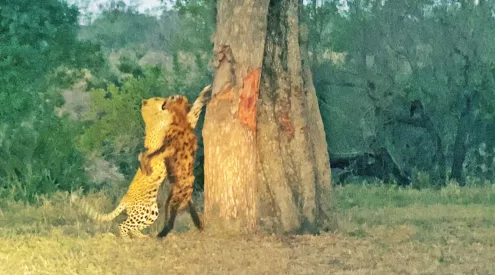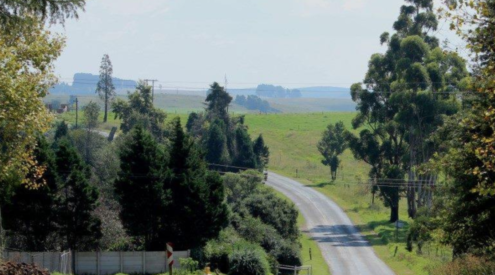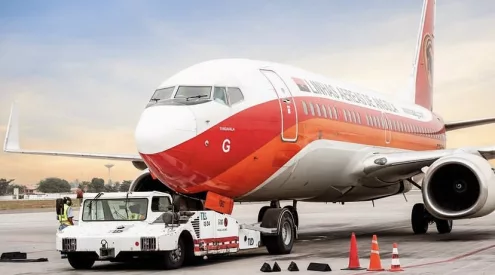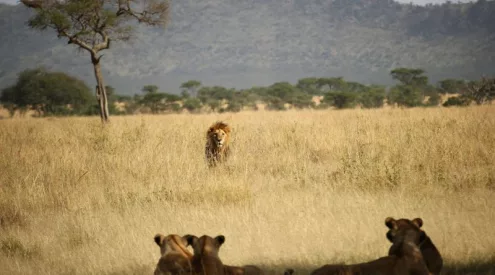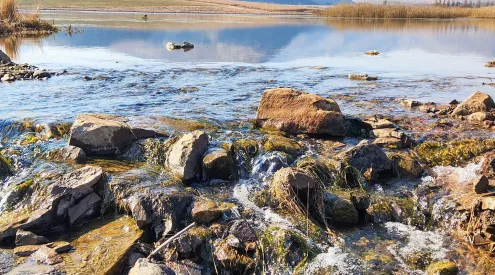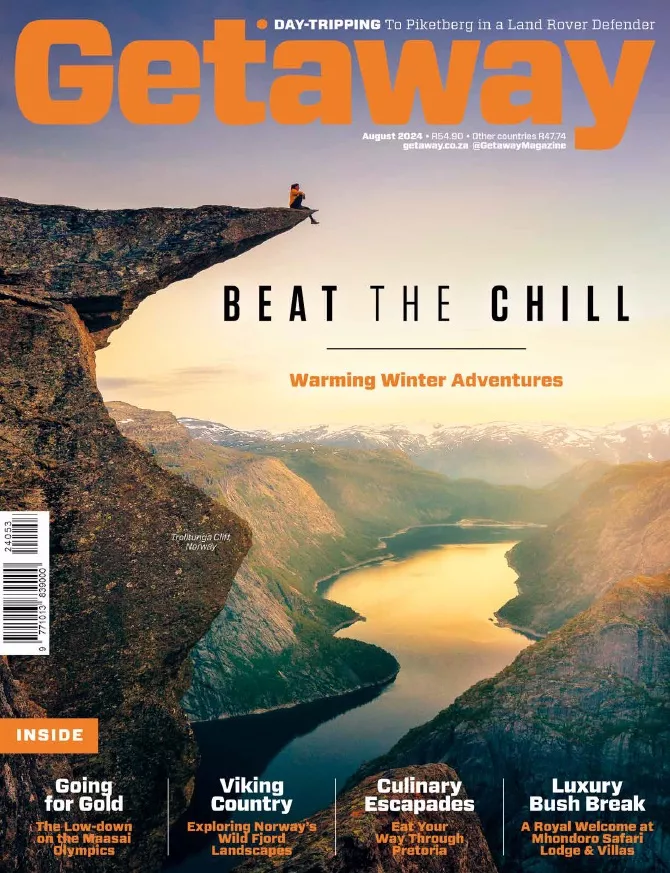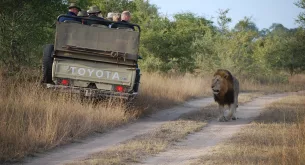Not only do we have mighty rivers to be proud of in our country, but magnificent waterfalls too. It’s hard to single any one of them out, but we are especially fascinated by Howick Falls in KwaZulu-Natal.
View this post on Instagram
Kzn here we come. Looking forward to spending a few days in the Midlands and Durban.
Approximately 95 metres high, the waterfall is known in the Zulu culture as ‘KwaNogqaza’ which translates into ‘Place of the Tall One’. It is situated on the Mngeni River, over which only one main road made it possible to cross the river from the surrounding farmlands in the 1800s.
The road was a rough wagon track at that, making the crossing extremely dangerous, especially during floods.
Fact or folklore?
The story goes that in November 1850, a plot of land in this area was marked off by the British Government. Naming it Howick, they stationed a guard named ‘Lodge’ on this land to ferry travellers across the river. He put up a small inn close to the river and became the first inhabitant of the town.
A traveller arrived at Lodge’s Inn, insisting to be taken across the river despite it being in flood at the time. Lodge rowed the man safely across, asking a servant and Lodge’s 12-year-old son to ride the horses across the flooded river. The servant made it to the other side but the horse carrying the young boy slipped and was swept away over the waterfall. His body was found in a deep pool at its foot. He was buried next to the pool and a small pile of rocks mark his grave.
Over the years, different bridges were erected over the river until finally, in 1903, a sturdier new bridge was built. Today, several hiking trails in the area offer visitors a chance to get up close and experience this majestic waterfall.
Source: South Africa.co.za
Image: 4otune


